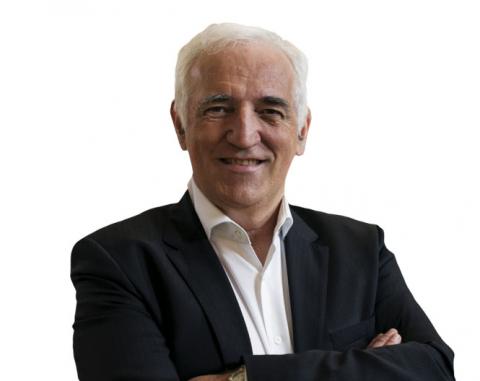It was about three years ago that we started to consider the idea of organizing a workshop fully dedicated to how research infrastructures manage energy. The idea seemed a bit unusual: big laboratories are intrinsically energy intensive, what could a workshop possibly add to that?
After the first edition, held in 2011, we can definitely say that "yes", science stays our core mission and our priority, but there are many things that can be done to manage energy in a way that makes science sustainable.
First of all we are increasing our awareness of how much we consume and how. Knowing and measuring our carbon footprint is the first step for integrating environmental issues in our organizational culture. This is particularly important for the scientists of tomorrow, who are expected to be more aware of societal issues such as energy and environment.
The second aspect emerging from the workshop - and in my opinion the most encouraging - was that energy is a topic of growing interest for every research infrastructure, regardless of its size and specific mission. The message we got was extraordinarily clear: we all need to collaborate and identify best practice, capitalizing on each other’s experience. Two years ago, we identified the need for a platform where laboratories can discuss how they optimize energy management, quality and efficiency. This need exists for ongoing as well as future scientific programmes , which need to take energy into consideration in the design stage.
Last but not least, being advanced research infrastructures, our technologies can sometimes find applications in the energy and environment fields. We can make a better use of these technologies if we increase their dissemination.
In my view, the most remarkable achievement of the first edition of the workshop was to start a discussion on energy at research infrastructures.
CERN, with the other organizing laboratories, is promoting and supporting this exchange of knowledge, looking for best practices and strategies to make science sustainable.

